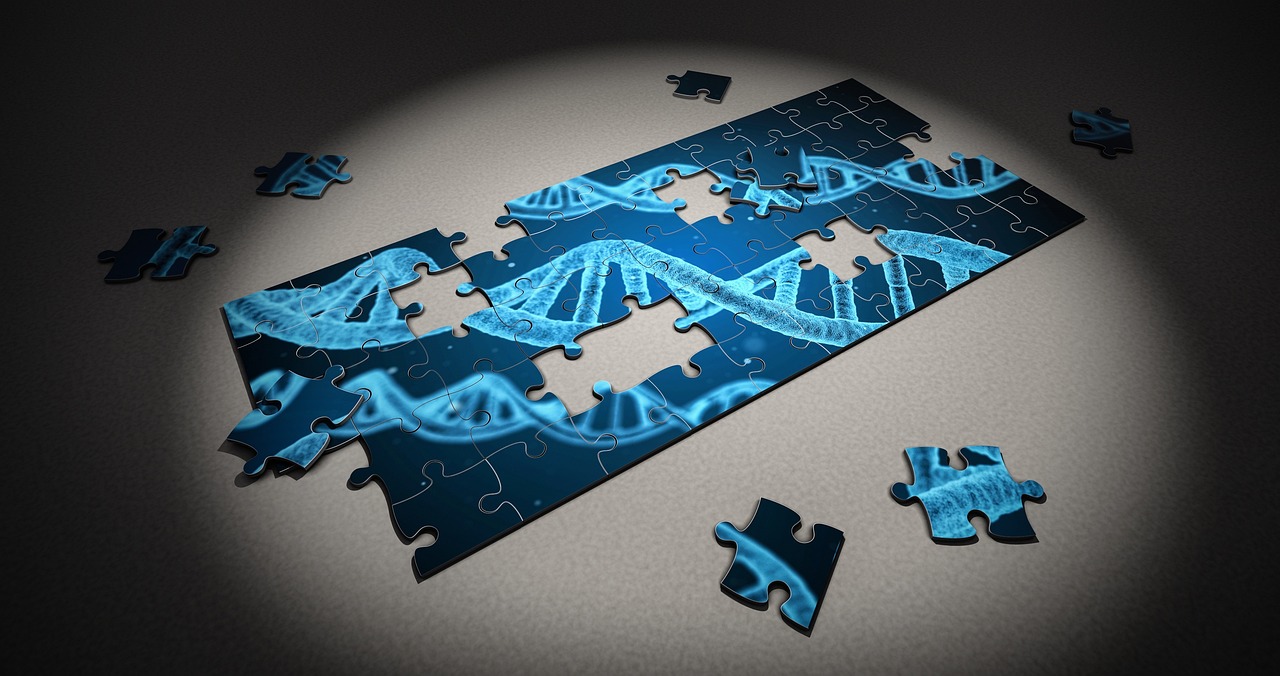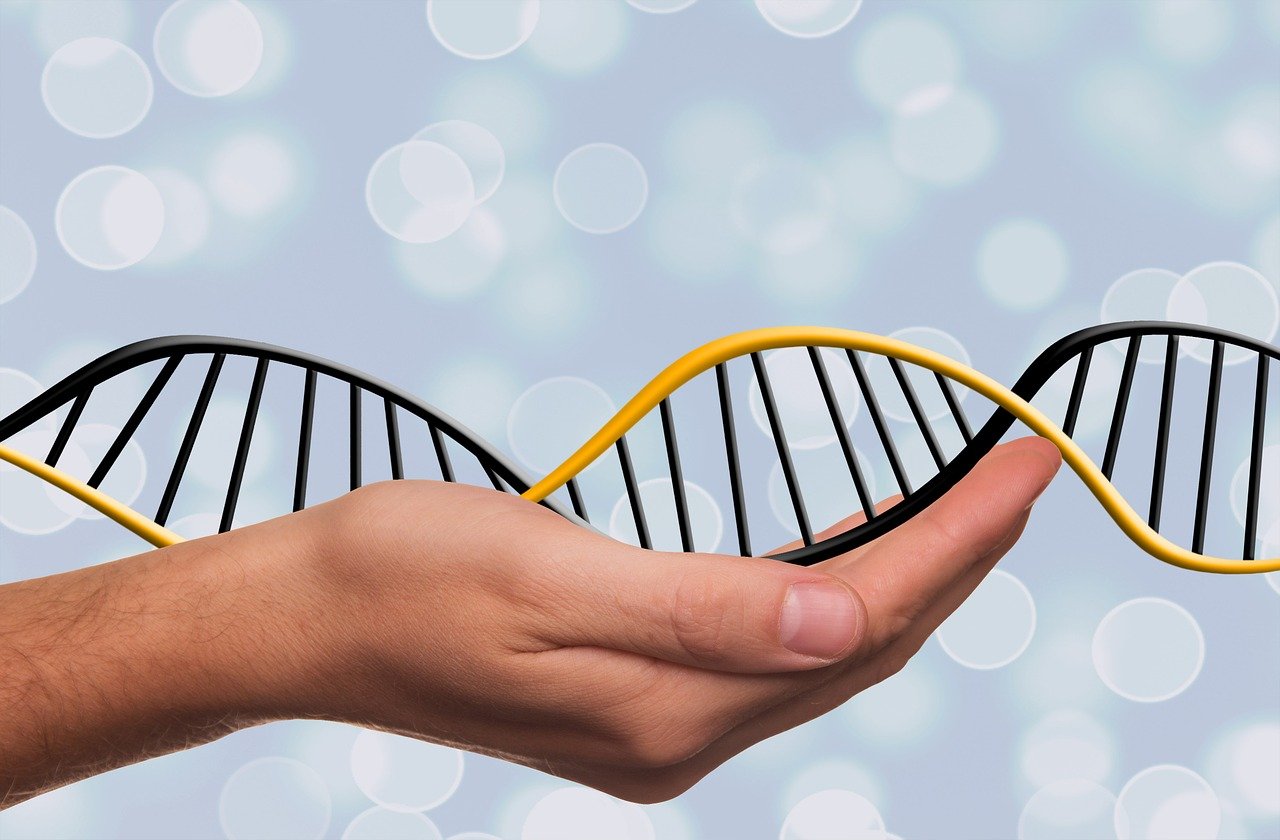Addiction is a complex and often misunderstood condition, affecting millions of lives globally. One of the most frequently asked questions is whether addiction is hereditary. This not only concerns those struggling with addiction but also their families and loved ones.
At Lumina Recovery, we will explore the intricate relationship between genetics and addiction, aiming to provide clarity and understanding of the connection between substance use disorders (SUD) and gene expressions.
What is addiction?
Addiction is a chronic disorder characterized by compulsive engagement in rewarding stimuli, despite adverse consequences. It can involve substances like alcohol, drugs, or behaviors such as gambling. Addiction significantly affects the brain’s circuitry, leading to alterations in behavior, mood, and levels of consciousness.
Is there a genetic component to addiction?
Genetics may play a crucial role in addiction. For example, research shows that about 45-65% of susceptibility to alcohol addiction is due to genetic factors.1 This genetic influence is complex and involves multiple genes.
Having a genetic predisposition to addiction doesn’t mean someone will develop an addiction. Instead, it means they have a higher risk of developing an addiction compared to someone without such a genetic background.
Genes can influence an individual’s metabolism of substances, sensitivity to drugs or alcohol, and likelihood of developing addictive behaviors.
How do genetics influence addiction?
The influence of genetics on addiction manifests in several ways. Genetics can affect how the brain reacts to substances, changing the level of pleasure or reward someone feels.
For instance, certain variations in genes related to the brain’s reward system can make some individuals more susceptible to the euphoric effects of drugs or alcohol. Genetic factors influence personality traits such as impulsivity or sensation-seeking, which are associated with higher addiction risks.
Can a family history of addiction increase risk?
Having a family history of addiction increases an individual’s risk. However, it is crucial to consider this risk in a broader context. While genetics provide a predisposition, they do not predetermine addiction.
Environmental factors, such as exposure to substances, stress, social influences, and trauma, interact with genetic predispositions to influence the likelihood of developing an addiction. For those who have family members that struggle with addiction, it’s important to be aware of this high risk and to take proactive steps to reduce it.
This might include avoiding recreational drug use, developing healthy coping strategies, and being careful when using prescription medications with addictive potential. It’s also beneficial for individuals with a family history of addiction to engage in regular mental health check-ups and seek early intervention if they notice signs of addictive behavior.
Are certain types of addiction more hereditary than others?
Research indicates that certain addictions have a stronger genetic component. For example, alcoholism is one of the most studied in terms of its hereditary nature. Studies have found specific genetic patterns that significantly increase the risk of alcohol dependence.1
Drug addiction to certain substances, like opioids and nicotine, also exhibit strong genetic links. However, the heritability of addiction varies depending on the substance and individual genetic differences. All types of addiction are influenced by a combination of genetics, environmental factors, and personal experiences.
If addiction runs in your family, what precautions should you take?
Being aware of a family history of addiction is critical in taking preventive steps from developing a substance use disorder. Firstly, individuals should consider avoiding or being extremely cautious with substances that can lead to addiction. This includes alcohol, prescription medication, and illicit drugs.
Engaging in activities such as exercising, eating well, and getting sufficient sleep can promote well-being and health. It’s equally important to develop strong emotional coping skills and seek supportive relationships.
Awareness of the signs of addiction and seeking early intervention if these signs appear can be lifesaving. Counseling or therapy can also provide strategies to manage stress and emotional challenges without resorting to substance abuse.
Can genetic testing predict addiction?
While genetic testing can identify certain susceptibilities to addiction, it is not a definitive predictor. The relationship between genetics and addiction is complex and influenced by a myriad of factors beyond genetics alone.
Genetic testing might reveal a predisposition to addictive behaviors, but environmental factors, personal experiences, and individual choices play a substantial role in whether a person actually develops an addiction.
Genetic testing can indicate susceptibility to addiction, but it is not the sole determinant. Factors such as surroundings, life events, and decisions also influence whether someone becomes addicted.
How important is the environment in relation to genetics?
The environment is incredibly important in the development of addiction, often interacting with genetic predispositions. Factors such as drug and alcohol exposure, stress, family dynamics, financial conditions, and life experiences can modify the likelihood of genetic predispositions leading to addiction.
For example, an individual with a genetic susceptibility might not necessarily develop an addiction if they are not exposed to certain risk factors, like high-stress environments or substance use. On the other hand, someone with no genetic predisposition might develop an addiction due to significant environmental influences.
This interplay highlights the need for a comprehensive approach to prevention and treatment that considers both genetic and environmental factors.
Is it possible to overcome genetic predisposition to addiction?
It is entirely possible to overcome a genetic predisposition to addiction. Awareness of one’s genetic risk can empower individuals to take proactive steps in managing their health and lifestyle.
By creating supportive environments, developing healthy coping mechanisms, and seeking professional guidance when needed, individuals can significantly reduce the likelihood of developing addiction.
For those who have developed an addiction, comprehensive treatment programs that include medical, psychological, and social support can be highly effective for long-term recovery. Recognizing a genetic predisposition as a risk factor, rather than a predetermined outcome, is crucial in overcoming these challenges.
Learn More About Genetics and Addiction With Lumina Recovery
Understanding the hereditary aspects of addiction is a crucial component in addressing this complex condition. While genetics may play a significant role, they do not seal one’s fate.
With help, knowledge, and good choices, people can control the risk and live happy, addiction-free lives. Lumina Recovery offers detox and therapy programs to help those struggling with addiction and recovery.
Remember, you are not alone in this journey, and help is always available. Reach out to our team of professionals today to learn more.
Sources:



